3 Ways Educators Can Use Artificial Intelligence
EdTech Magazine
NOVEMBER 10, 2023
Major evolutions in technology are often hard to pin to a specific time or place, but this is not the case for artificial intelligence. Although AI has been around in various forms for decades — including Microsoft’s Clippy and Google’s autofill feature for online searches — its recent evolution has made it impossible to ignore. “When we talk about AI today, what we’re really talking about is post-Nov. 30: the rollout of generative AI, and ChatGPT as the first one out of the gate,” says Mark Sch




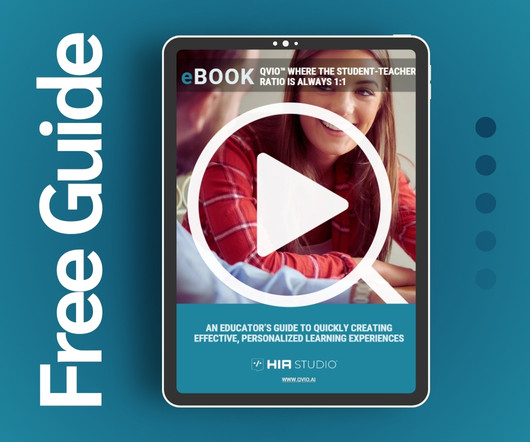


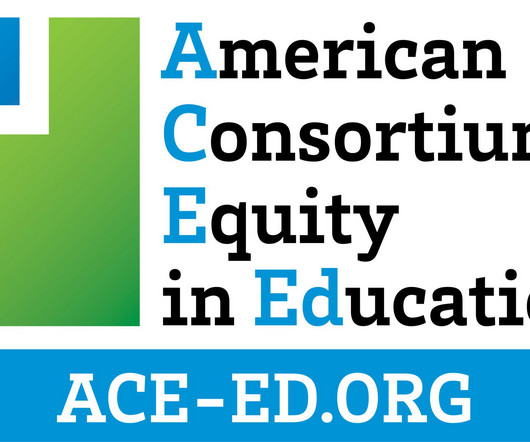

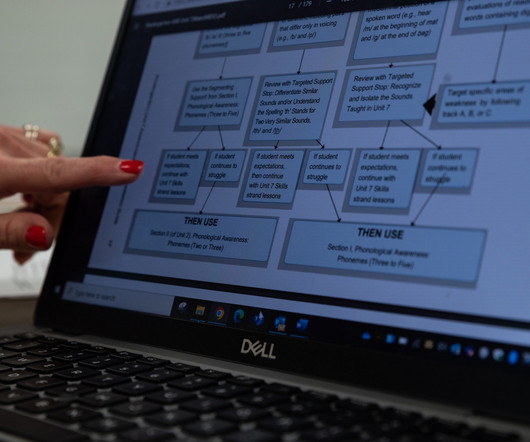
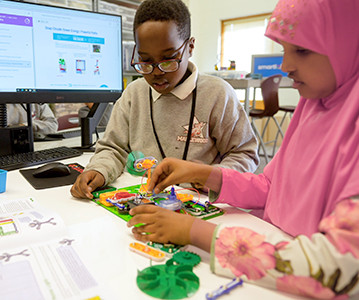




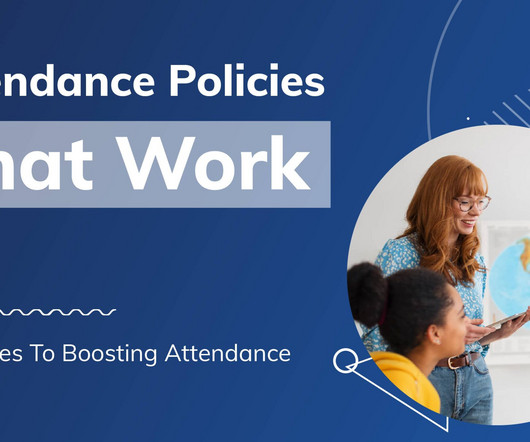











Let's personalize your content